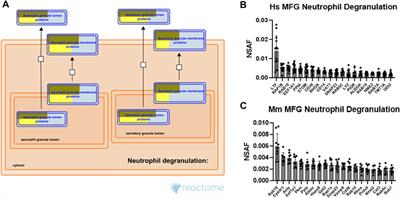ORIGINAL RESEARCH
Published on 24 Apr 2024
Early enteral nutrition with exclusive donor milk instead of formula milk affects the time of full enteral feeding for very low birth weight infants
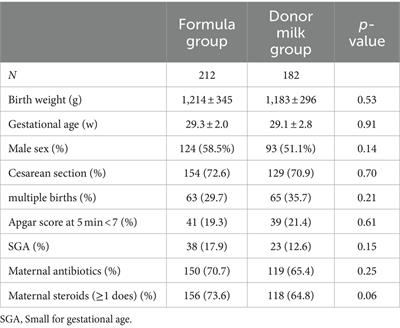
doi 10.3389/fnut.2024.1345768
- 1,477 views
14k
Total downloads
69k
Total views and downloads
ORIGINAL RESEARCH
Published on 24 Apr 2024

ORIGINAL RESEARCH
Published on 12 Apr 2024
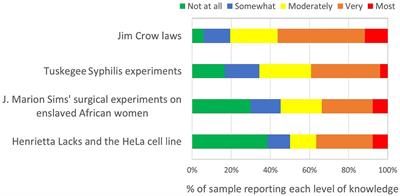
ORIGINAL RESEARCH
Published on 06 Mar 2024
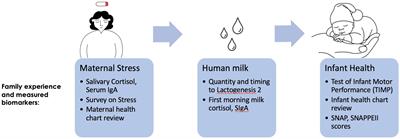
CORRECTION
Published on 29 Feb 2024
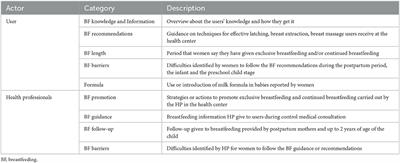
ORIGINAL RESEARCH
Published on 13 Feb 2024

BRIEF RESEARCH REPORT
Published on 09 Feb 2024
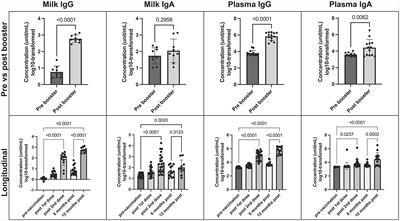
ORIGINAL RESEARCH
Published on 02 Feb 2024
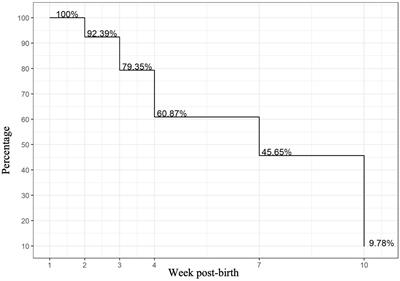
ORIGINAL RESEARCH
Published on 31 Jan 2024
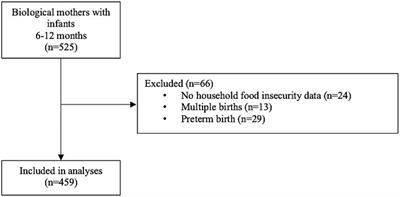
ORIGINAL RESEARCH
Published on 30 Jan 2024
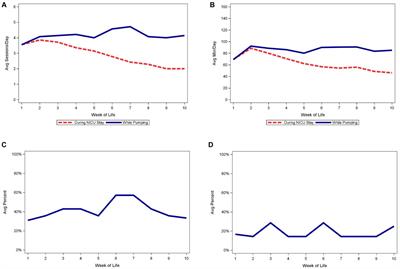
ORIGINAL RESEARCH
Published on 09 Jan 2024

ORIGINAL RESEARCH
Published on 18 Dec 2023
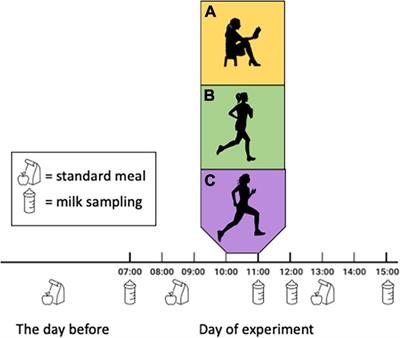
ORIGINAL RESEARCH
Published on 18 Dec 2023
